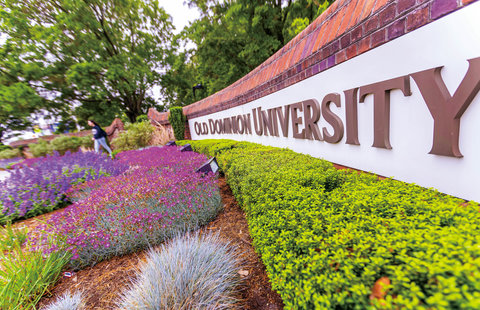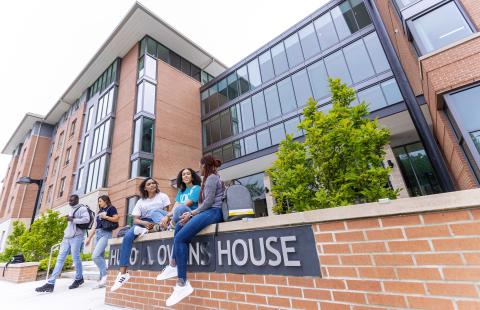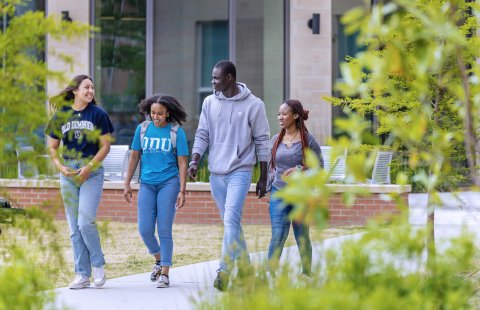Rhetoric is one of the oldest academic disciplines in the Western tradition. Tracing its origins back to the classical period, it is broadly concerned with understanding and exploiting the power of language in all of its various guises. At once theoretical, historical, critical, and applied, this program is designed to help students better understand how language creates meaning across a wide range of discourses and cultural practices. It is also designed to train students to effectively use language to create meaning, whether through scholarship, pedagogy, media production, or any number of related endeavors. This program will prepare students for doctoral-level work in rhetoric and composition.
Program Highlights
-
Interdisciplinary: this program recognizes that effective communication and pedagogy depends on a variety of different disciplines and approaches.
-
Technological: this program recognizes that effective communication and pedagogy is also accomplished through and impacted by a number of different media.
-
Theoretical: this program helps students understand effective communication and pedagogy via a wide range of critical methodologies, including (but not limited to) critical race studies, cultural studies, disability studies, feminist rhetoric, historical rhetoric, queer-theory, and visual rhetoric.
-
Hands-on: this program provides students with opportunities to experiment with a diverse range of approaches, pedagogies, techniques, and technologies.
-
Individualized: this program affords students a large amount of flexibility and customization in designing their courses of study.
-
Expertise: this program features award-winning, nationally, and internationally recognized scholars in the field of Rhetoric and Composition.
Careers
Check out these ideas from ODU's Center for Career & Leadership Development and the Occupational Information Network (O*NET). A median salary is a midpoint of what people typically earn—half of those surveyed earned above the median salary, and half earned below.
Communications Teachers, Postsecondary
Teach courses in communications, such as organizational communications, public relations, radio/television broadcasting, and journalism. Includes both teachers primarily engaged in teaching and those who do a combination of teaching and research.
English Language and Literature Teachers, Postsecondary
Teach courses in English language and literature, including linguistics and comparative literature. Includes both teachers primarily engaged in teaching and those who do a combination of teaching and research.
Poets, Lyricists and Creative Writers
Create original written works, such as scripts, essays, prose, poetry or song lyrics, for publication or performance.
Art, Drama, and Music Teachers, Postsecondary
Teach courses in drama, music, and the arts including fine and applied art, such as painting and sculpture, or design and crafts. Includes both teachers primarily engaged in teaching and those who do a combination of teaching and research.
Requirements
Featured Courses
This course concerns the development of rhetoric as an academic discipline in the twentieth century, in particular how rhetoric has distinguished itself from literary, historical, philosophical, and linguistic modes of inquiry.
Tracing the development of writing technologies from Ancient Greece through contemporary blogs and wikis, this course focuses on the relationships between a text's physical qualities and its composition, production, and reception.
An intensive examination of alternative approaches to teaching first-year and advanced composition at the college level, with special attention to current schools of composition theory and research.
Cost of Attendance
We believe in providing students with transparent and accessible information about the cost of attendance.
Review the estimated tuition rates for the 2024-25 academic year (subject to change). Other fees are assessed for special services and certain academic programs. Non-resident rates are charged for anyone who is not a current Virginia resident, including international students.
Ways to Fund Your Degree
There are a few ways for you to save on the cost of attending Old Dominion University, including scholarships, assistantships, and student loans. For more details about financial aid at Old Dominion, visit the Financial Aid Office page.
Take the Next Step
Contact







